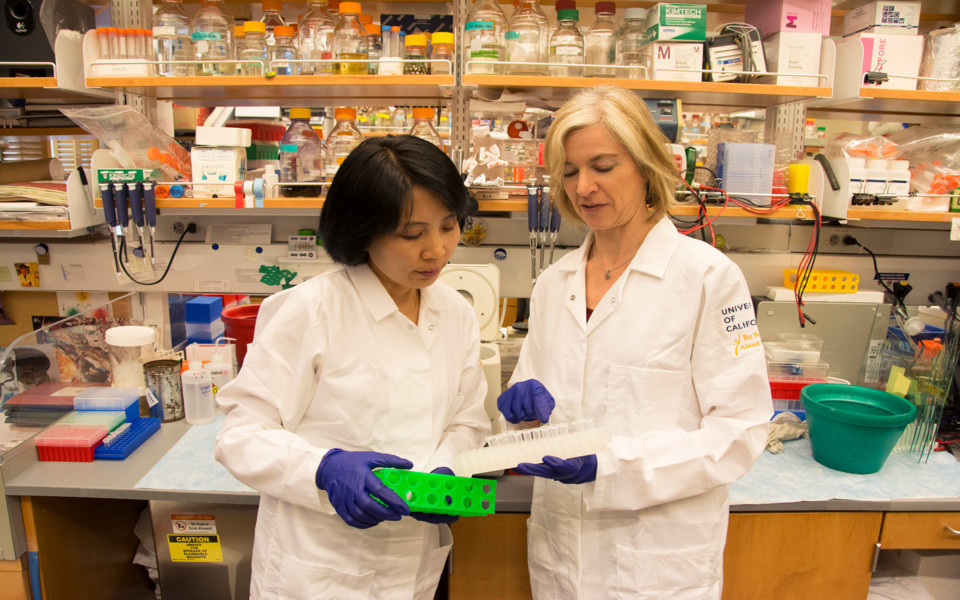Scientists want relaxation of laws to allow gene editing of human embryos
Scientists are pushing for a relaxation of the laws surrounding gene editing technology to allow experiments to be performed on human embryos.
But they warn any such research would need to be strictly controlled to prevent inheritable changes being made to the human genome, and any embryos that have been subject to genetic manipulation should be destroyed.
NSW Stem Cell Network director Bernie Tuch said Australia risked being left behind if it did not allow scientists to press forward on research involving human embryos, which were now allowed in the UK, Sweden and North America.
“We could adopt the approach of saying, ‘Thank you very much, we will wait for the rest of the world to explore this new area and then we will come on board’,” Professor Tuch said.
“I guess that’s the conservative approach. We would argue that Australia is up there with the rest of the world and we should be seriously considering this possibility.”
Scientists, bioethicists and clinicians are meeting at the University of Sydney’s Charles Perkins Centre on Wednesday to discuss the future of gene editing and whether current laws reflect public attitudes, following rapid advances in the technology.
Scientists are now able to delete and insert pieces of DNA into certain cells through a simple and efficient technology known as CRISPR that has the potential to cure genetic disease, create tougher plants and wipe out malaria-carrying mosquitoes.
But the technology has also raised concerns about the prospect of “designer babies”, or the creation of unintended DNA changes that are inherited by future generations…


